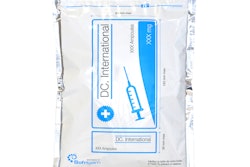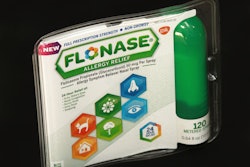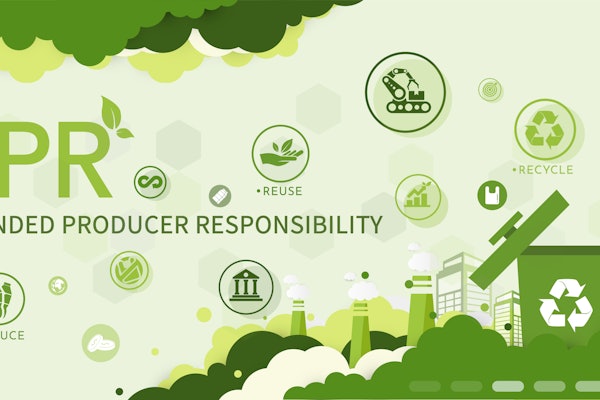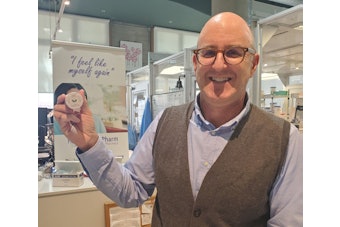Cuba became the first country in the world to receive validation from the World Health Organization that it has eliminated mother-to-child transmission of HIV and syphilis, according to a WHO press release.
“Cuba’s success demonstrates that universal access and universal health coverage are feasible and indeed are the key to success, even against challenges as daunting as HIV,” said PAHO Director, Dr Carissa F. Etienne. “Cuba’s achievement today provides inspiration for other countries to advance towards elimination of mother-to-child transmission of HIV and syphilis”.
An international expert mission convened by PAHO/WHO visited Cuba in March 2015 to validate the progress toward the elimination of mother-to-child transmission of HIV and syphilis. During a five-day visit, members visited health centers, laboratories, and government offices throughout the island, interviewing health officials and other key actors.
The mission included experts from Argentina, the Bahamas, Brazil, Colombia, Italy, Japan, Nicaragua, Suriname, the United States of America and Zambia.
The validation process paid particular attention to the upholding of human rights, in order to ensure that services were provided free of coercion and in accordance with human rights principles.
In 2011, UNAIDS with WHO and other partners launched the Global Plan towards the elimination of new HIV infections among children by 2015, and keeping their mothers alive. This global movement has galvanized political leadership, innovation and engagement of communities to ensure that children remain free from HIV and that their mothers stay alive and well.






















